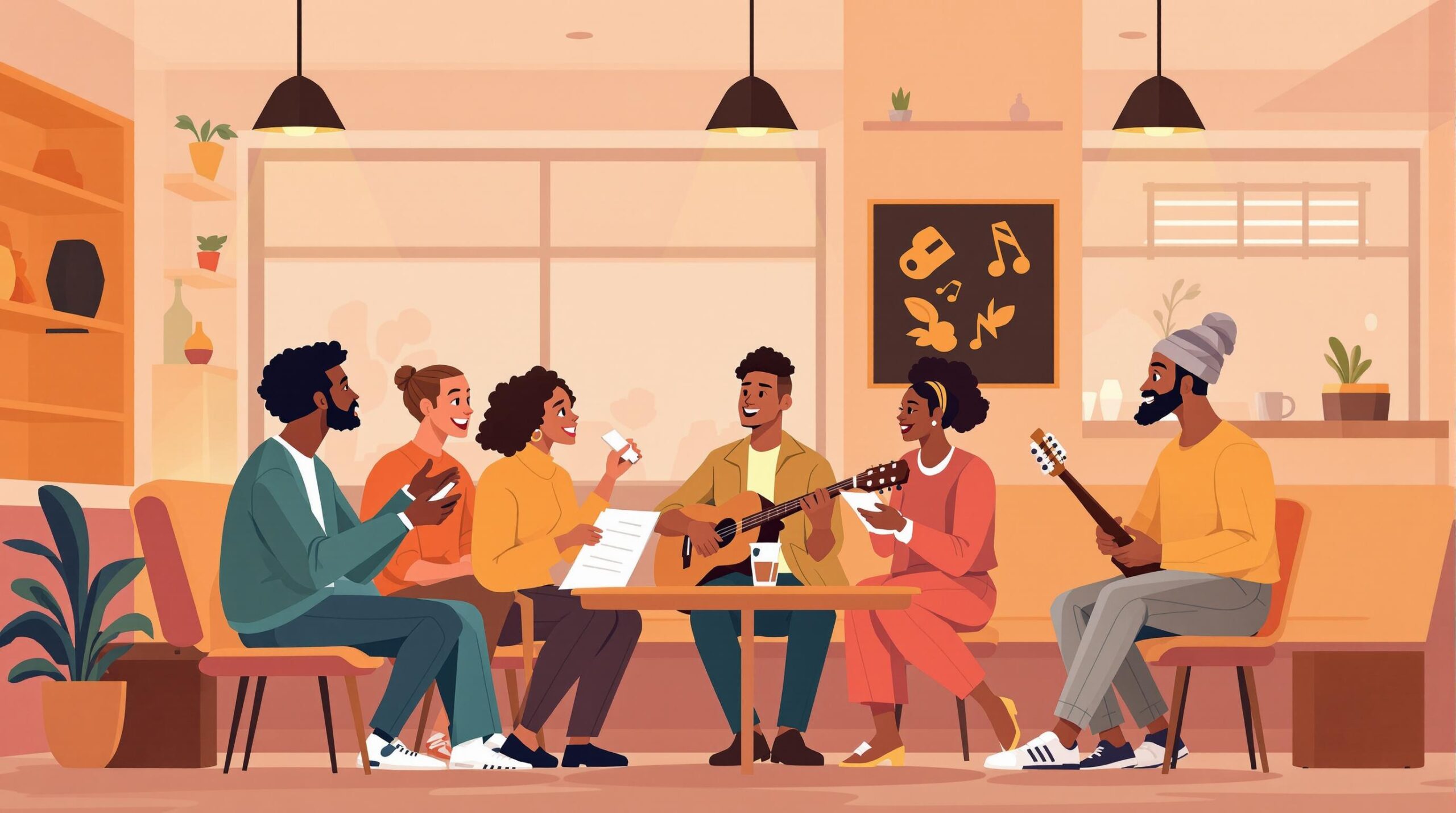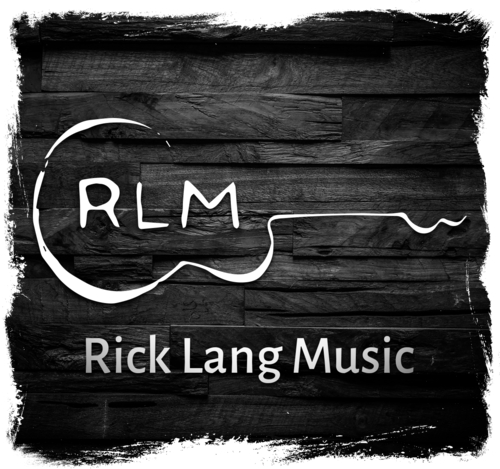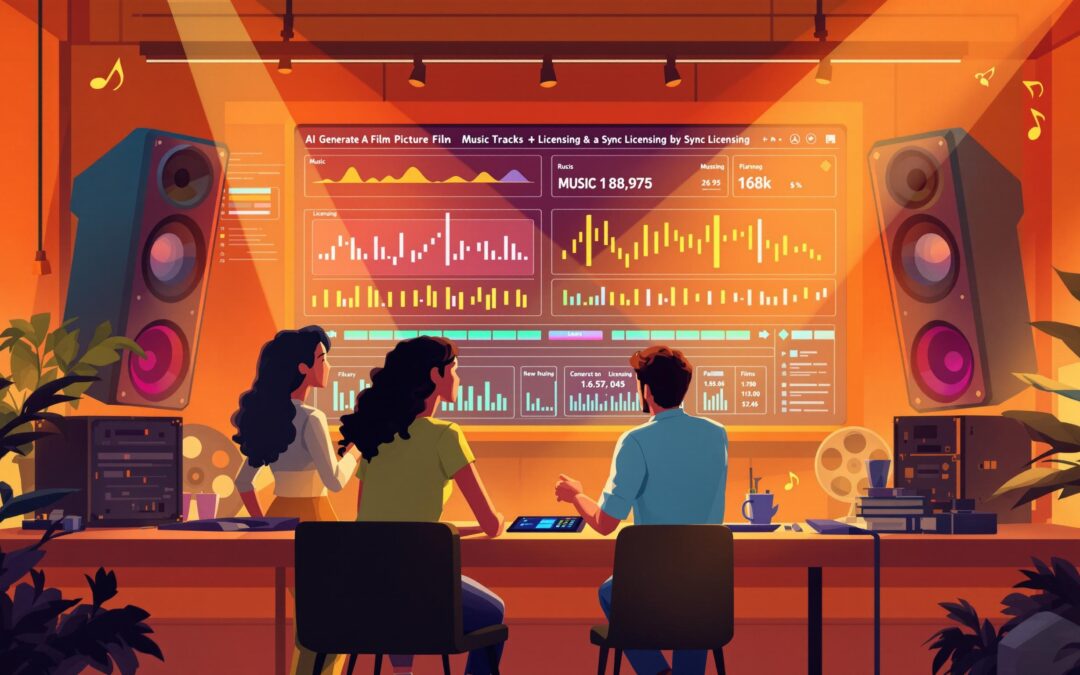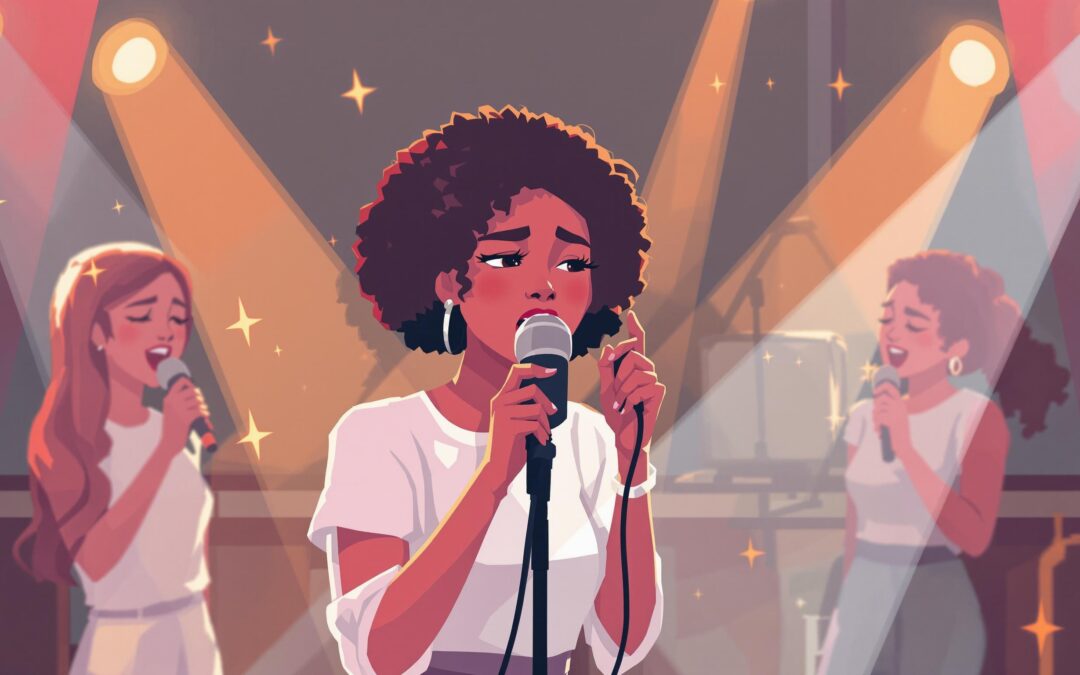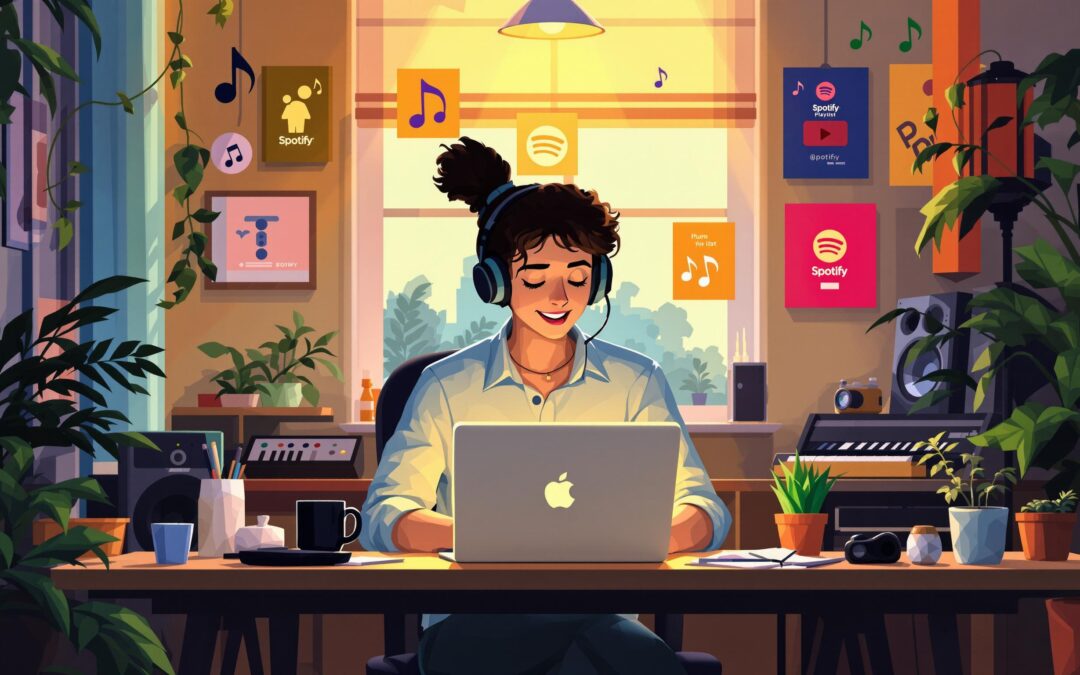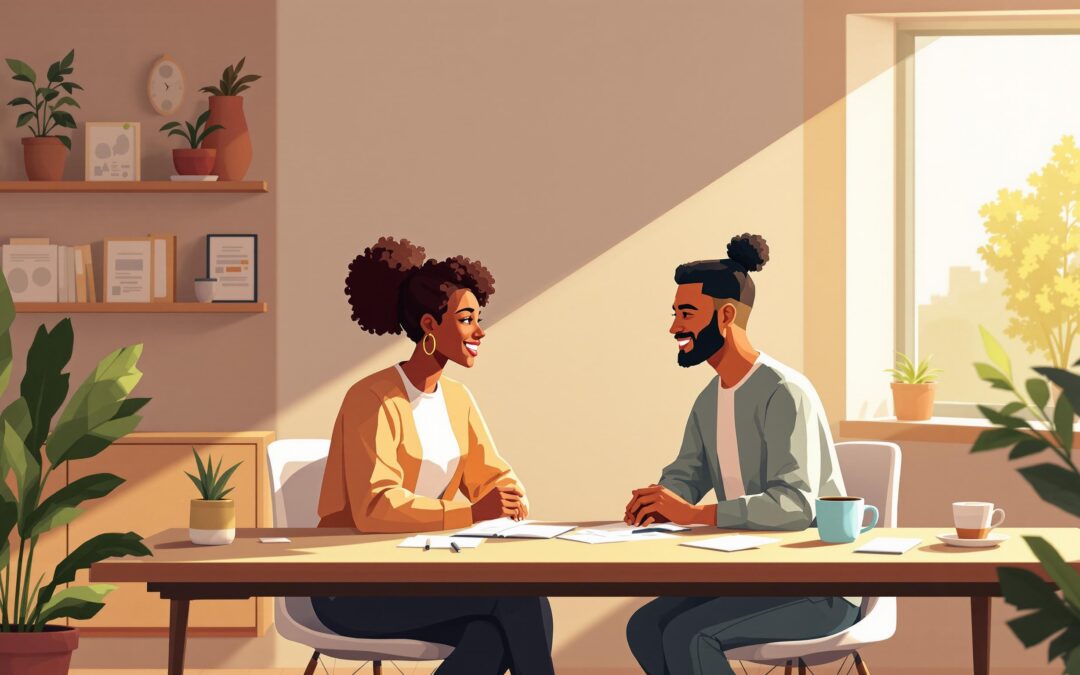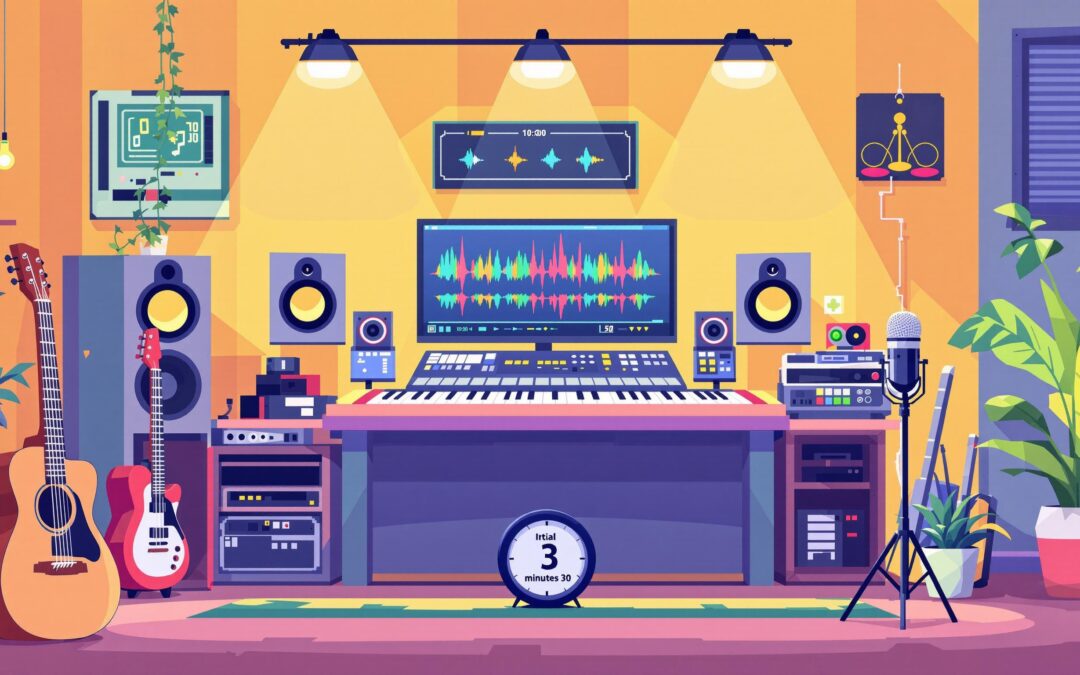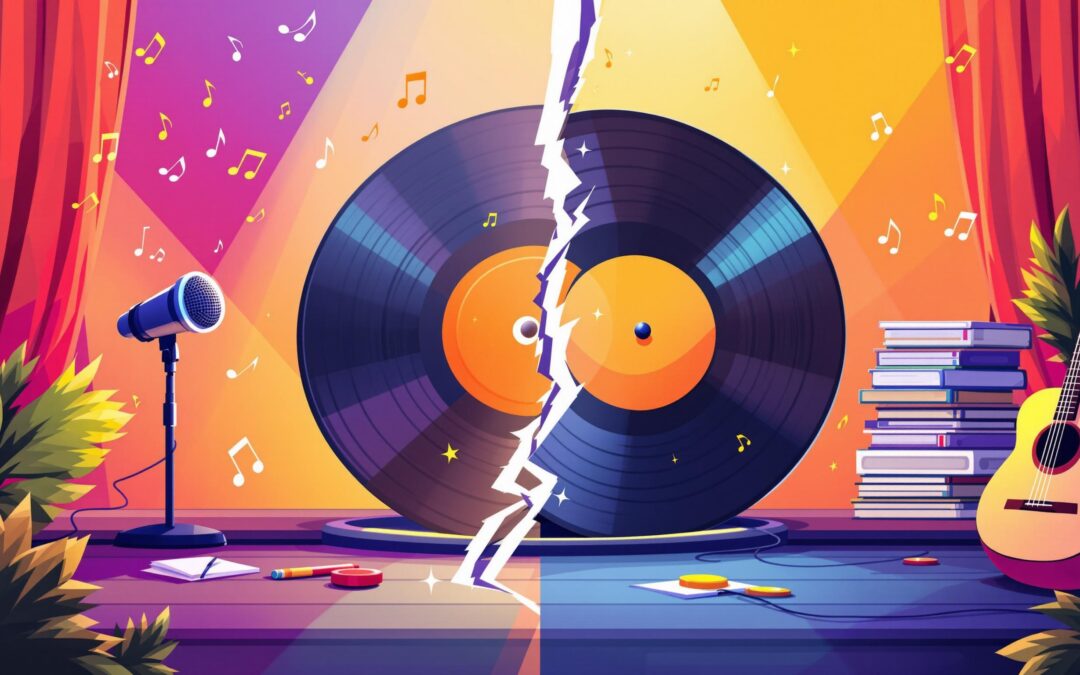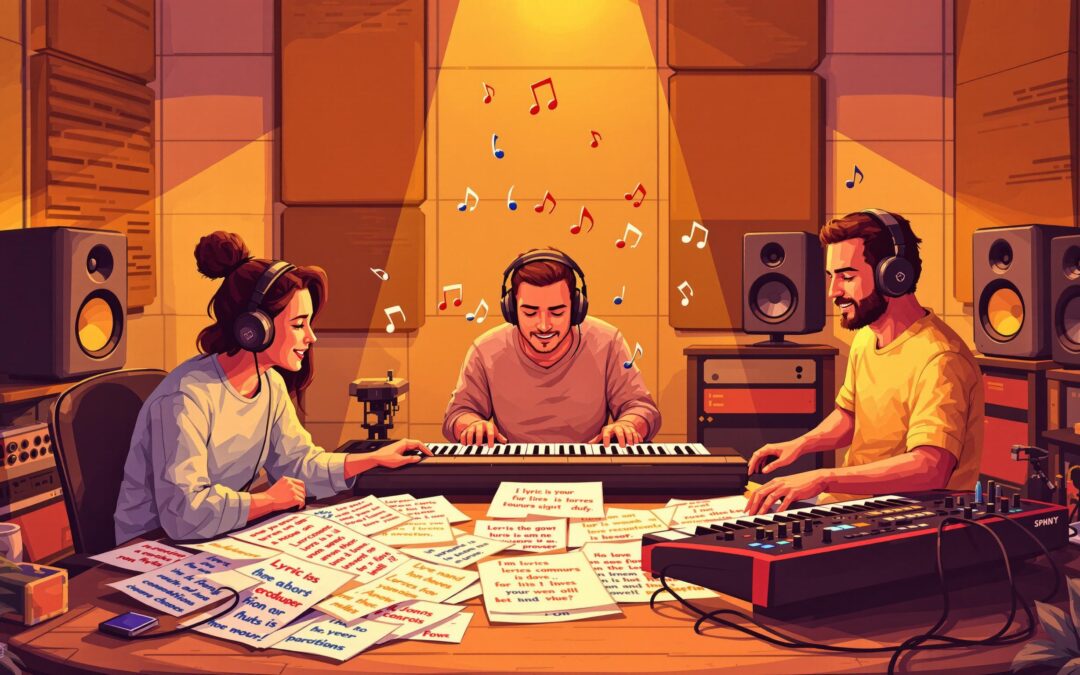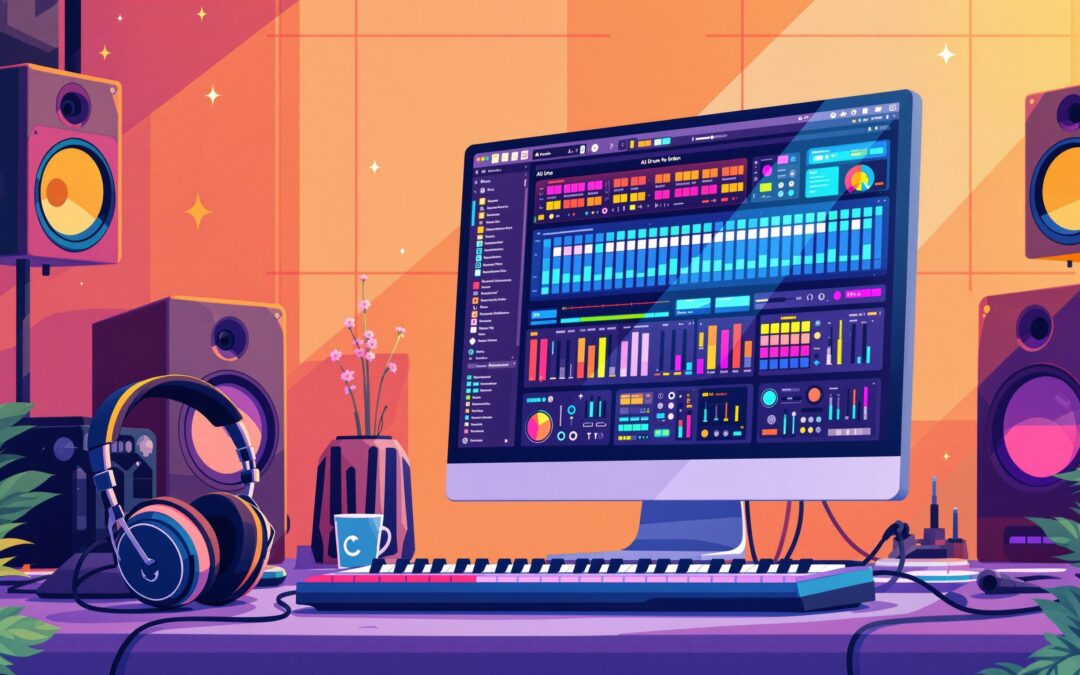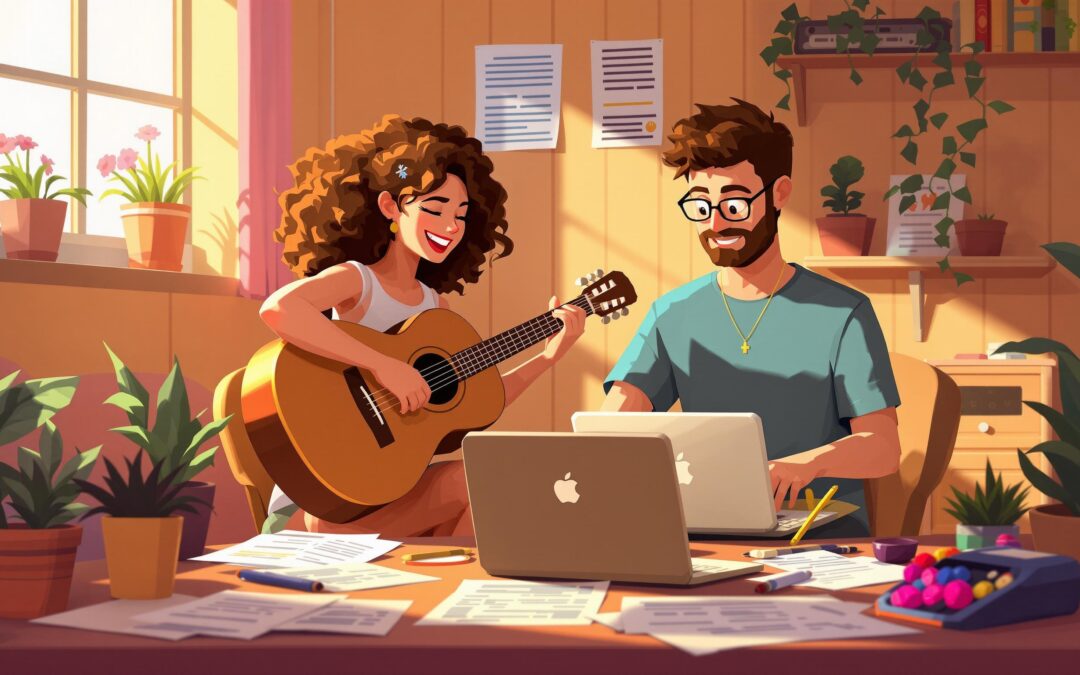Networking is essential for songwriters aiming to grow their careers. It’s not just about meeting people – it’s about building real relationships that lead to opportunities like collaborations, mentorship, and song placements. Here’s a quick breakdown of why networking matters and how to start:
- Why It’s Important: The music industry thrives on connections. Networking opens doors to industry knowledge, partnerships, and career growth.
- How to Start: Attend local events, open mics, and music conferences. Use social media to share your work and connect with others.
- Key Tips: Focus on forming genuine relationships, listen more than you talk, and always follow up after meeting someone.
Whether in-person or online, consistent effort and meaningful interactions can help you build a strong network that supports your songwriting journey.
How to Build Relationships and Break Into the Music Industry …
Meeting People Face-to-Face
Meeting in person builds strong connections that digital interactions often can’t replicate. These in-person strategies work well alongside the online approaches we’ll discuss later.
Workshops and Music Conferences
Choose events that align with your goals, and make sure you’re fully prepared.
"Networking is a valuable skill to have on so many levels, from simply meeting fellow artists and fostering relationships to possibly making a connection that changes your trajectory entirely." – AWAL
To make the most of these events:
- Research attendees in advance
- Prepare specific talking points
- Dress appropriately for the occasion
- Bring business cards and have your social media ready to share
For example, the Los Angeles Songwriter’s Collective (LASC) organizes monthly showcases. These events bring together songwriters, publishers, record label A&Rs, and entertainment attorneys, creating natural opportunities to connect with key people.
Open Mics and Live Shows
Performing live is a direct way to meet potential collaborators and industry professionals. But it’s not just about your performance:
- Arrive early to meet other performers
- Stick around after your set to network
- Chat with the audience during breaks
- Build relationships with venue staff, who often have valuable connections
"Work on creating genuine connections. Don’t start self-promoting as soon as you meet someone." – AWAL
Local Music Groups
Your local music scene can be a great source of support and collaboration. These groups often organize activities like:
- Monthly meetups where members share works in progress
- Collaborative writing sessions
- Feedback sessions to refine new material
Being an active participant is key – support others and share your knowledge.
"Listen more than you talk. Networking can be quite fast-paced, and you might feel the need to say your piece and move on, but being a good listener goes a long way." – AWAL
Focus on building genuine relationships over time. Even a single meaningful conversation can lead to exciting opportunities. Once you’ve established a strong local network, you can use digital platforms to grow your reach even further.
Online Networking Tools
Digital tools can help you connect with others in your industry like never before. Let’s dive into how social media and other platforms can help you build meaningful connections.
Social Media for Songwriters
Creating a strong social media presence allows you to share your creative journey and connect with like-minded individuals.
"It’s nice to have a place where I can go for some encouragement or a boost when I’m stuck. I really enjoy being a part of a community where we can support and encourage each other’s creativity."
– Cece Yentzen, Singer Songwriter
Here’s how to make the most of social media:
- Focus on platforms like Instagram and TikTok to showcase your creative process.
- Post snippets of your songwriting and behind-the-scenes moments.
- Engage with others by commenting and interacting with their posts.
- Track how your content performs to refine your approach.
- Set aside specific times for social media to stay productive.
Online Music Communities
Joining online music groups can provide opportunities to grow your skills and make connections that matter. Some recent success stories include:
- Jesse Slack earning a Gold Single for "Tell You Everything."
- Peter Daniel Newman signing with Sony and co-writing Parmalee’s "Cowgirl."
- GAYLE reaching #1 on the Pop Chart with "abcdefu".
"Since joining I Heart Songwriting Club I’ve written countless more songs than I had in the previous 10 years of songwriting (Hello APRA royalties!). It encourages practice and with that practice it has brought more strength and diversity to my lyrical content. It’s also a beautiful way of connecting and sharing with other writers that I wouldn’t have otherwise met."
– Tanya Ransom, Broome, Australia
Remote Co-Writing Sessions
Collaborating remotely is easier than ever with the right tools and preparation.
Key tips for successful sessions:
- Use reliable internet, good audio equipment, and video conferencing tools that handle high-quality audio.
- Plan across time zones to ensure smooth scheduling.
- Share ideas and reference tracks ahead of time to hit the ground running.
- Keep track of what you accomplish and outline next steps.
"Songcraft has made cowriting sessions fun and easy, even when my collaborators are halfway across the world."
– Devin G., Songwriter
sbb-itb-1c6af30
Building Strong Industry Relationships
Creating meaningful connections in the music industry goes beyond simply collecting business cards. It’s about forming genuine relationships that benefit everyone involved. Here’s how to make a lasting impression with a clear and concise pitch.
Your 30-Second Pitch
A memorable introduction can open doors. The most effective pitches are short, engaging, and leave people curious to know more. Check out these examples from successful artists:
"If Vertical Horizon and Third Eye Blind got hit by Train!" – John Taglieri
"The hard liquor sandwich of Americana: 1 shot each of Jäger (Cash), Tequila (Willie) and Whiskey (Waylon)" – The Divorcees
When meeting someone new, show genuine interest by asking thoughtful questions and actively listening. This approach helps create real connections that can lead to meaningful collaborations.
Keeping in Touch
Maintaining industry relationships takes consistent effort. Social media can be a powerful tool for staying connected, but it’s essential to use it thoughtfully.
Here are some ways to nurture your professional network:
- Engage Regularly: Leave meaningful comments on your contacts’ social media posts and celebrate their milestones.
- Check In Personally: Send occasional messages just to see how they’re doing – without asking for anything in return.
- Follow Up After Events: Send a personalized thank-you note within 24 hours to leave a positive impression.
"Building a relationship in the music industry should be approached the same way you’d build a friendship. Be genuine and real, draw from real world common interests to connect, and put just as much if not more time into the other person and their interests as you do yourself." – Angela Mastrogiacomo
These small but consistent actions help lay the groundwork for a strong, supportive network.
Help Other Writers
Supporting fellow songwriters is one of the best ways to build solid relationships. By helping others reach their goals, you establish yourself as a valuable and trusted member of the community.
Here’s how to be a reliable source of support:
- Share useful insights, opportunities, and constructive feedback
- Celebrate others’ achievements publicly
- Introduce people who might benefit from knowing each other
"A person’s name is the sweetest and most important sound to them." – Dale Carnegie
Converting Contacts into Work
Turn connections into opportunities through intentional actions and meaningful relationship-building.
Finding Co-Writers
Look for co-writers whose style matches yours and whose skills enhance your own. Support their work actively – it’s a great way to build trust and pave the way for collaboration.
"Almost all of the people I look up to and try to steal from today, regardless of their profession, have built sharing into their routine. These people aren’t schmoozing at cocktail parties; they’re too busy for that. They’re cranking away in their studios, their laboratories, or their cubicles, but instead of maintaining absolute secrecy and hoarding their work, they’re open about what they’re working on, and they’re consistently posting bits and pieces of their work, their ideas, and what they’re learning online. Instead of wasting their time ‘networking,’ they’re taking advantage of the network." – Austin Kleon
Getting Songs to Market
Placing songs successfully often comes down to timing and preparation. Here’s how to get started:
-
Build Your Professional Package
Make sure you have high-quality demos, a well-organized song catalog, professional business cards, and a polished online presence. -
Strategic Follow-Up
Keep in touch with key contacts by sending quarterly updates. Share industry news, celebrate others’ wins, and offer help before asking for opportunities. -
Create Opportunities
Take the lead by organizing songwriter showcases, hosting co-writing sessions, starting local songwriter groups, or contributing content to industry platforms.
Once you’ve turned contacts into work opportunities, mentorship can help you grow even further.
Working with Industry Mentors
Find mentors who are active in the industry, well-regarded, and aligned with your creative vision. A successful mentor-mentee relationship is built on mutual respect. Show your appreciation by contributing to their projects while learning from their expertise.
Conclusion: Next Steps for Networking
Building a network as a songwriter is all about forming connections that can push your career forward. To get started, focus on strategies that successful songwriters rely on to grow their professional circles.
First, aim to create genuine connections before seeking opportunities. Focus on building real relationships that naturally lead to collaborations and career progress.
Mix in-person and online networking. Attend local songwriter showcases and industry events. When you meet someone, follow up within 48 hours with a personalized message that references your conversation. For online efforts, pick 2–3 social platforms where your audience is active. Share your creative process, interact with others’ content, and join online songwriting communities. Keep your efforts focused rather than trying to be everywhere at once.
Consistency is key. Follow up regularly to strengthen relationships. Offer value by sharing insights, suggesting collaborations, or celebrating others’ achievements. This builds trust and encourages mutual support.
Set specific goals to stay on track, like connecting with three new industry professionals each month or attending one music-related event each week. Monitor your progress and tweak your approach as needed.
